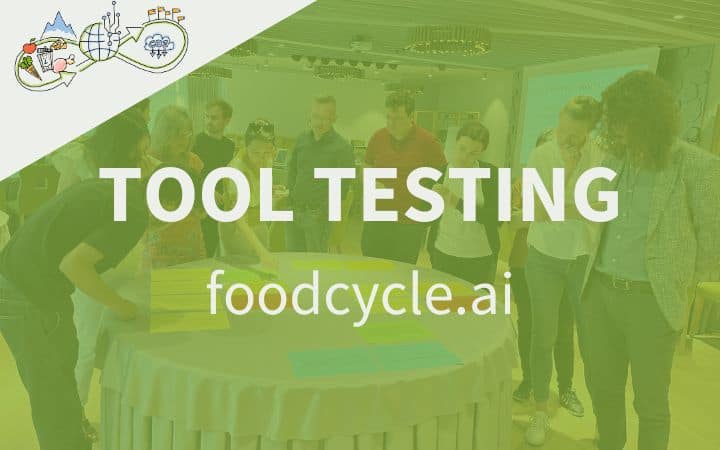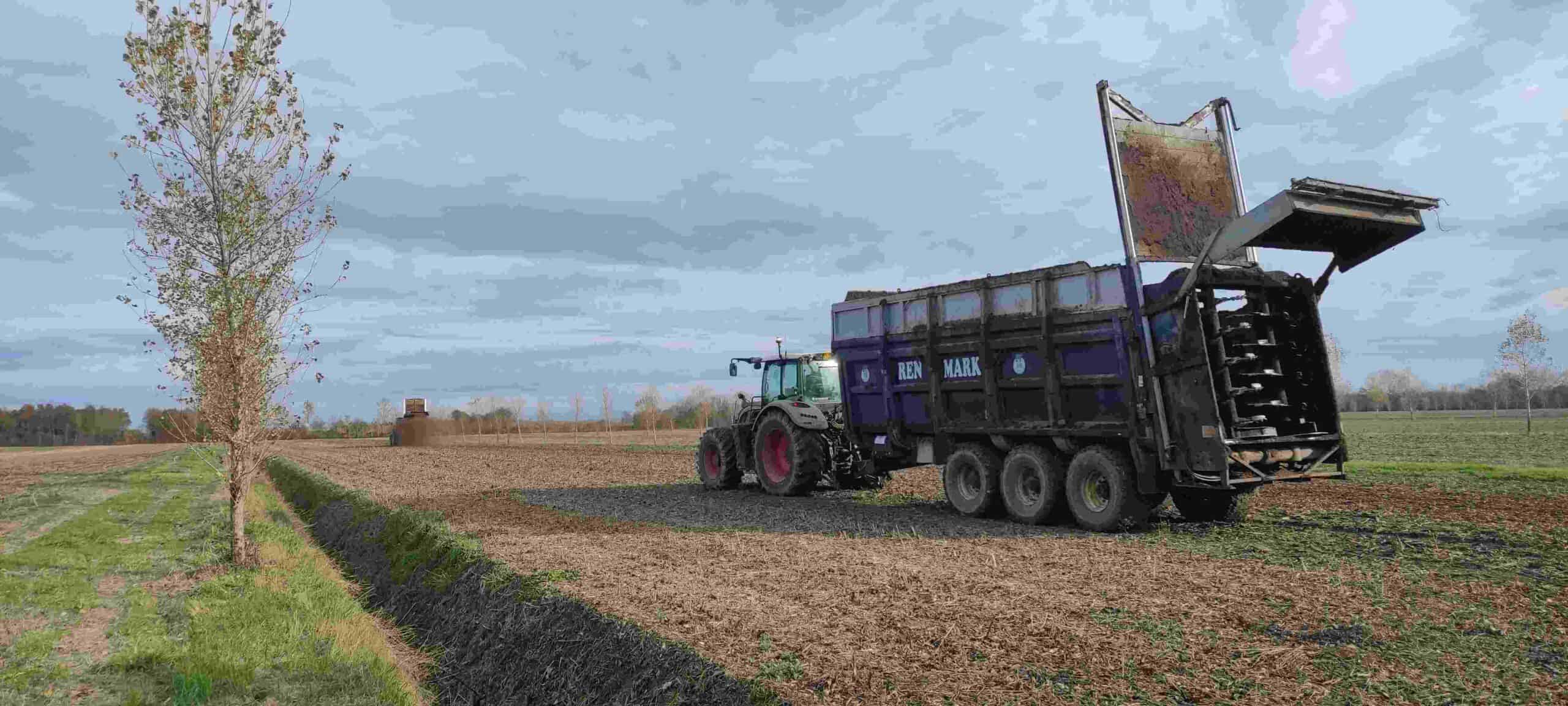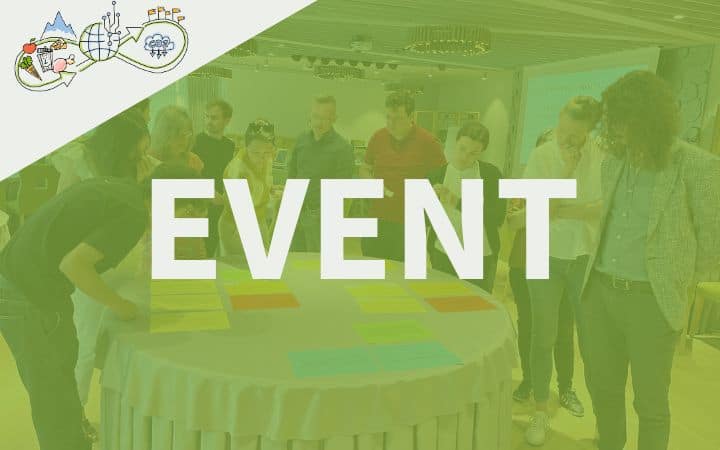The BAUHALPS project brings together partners from the architectural and construction sectors to explore opportunities for transforming the Alpine built environment through the principles of the New European Bauhaus (NEB). According to the European Commission, the built environment accounts for at least 40% of anthropogenic greenhouse gas emissions, necessitating complex engineering, architectural, design, and policy solutions. The NEB framework promotes sustainable, inclusive, and aesthetically valuable principles in European construction, emphasizing building renovation as a key focus.
In our region, a major challenge lies in effectively leveraging local knowledge and resources while complying with European green transition regulations and encouraging the adoption of common construction standards. The BAUHALPS project addresses these challenges by developing and testing a model that innovatively integrates NEB concepts with sustainability criteria and indicators. The interdisciplinary and transdisciplinary nature of the NEB concept requires consultation and collaboration across a wide range of fields, policies, and stakeholders. As part of this project, CzK and MAO are continuing the discussions initiated at the interdepartmental symposium +/- 1 °C: In Search of Well-Tuned Architecture, which emphasized the urgency of rethinking the relationship between the built environment and sustainability.
About the Workshop and On-Site Visit
This interactive workshop and field visit is intended for a broad network of stakeholders, including architects, researchers, universities, construction companies, suppliers, urban planners, local communities, policymakers, and ministries. Together, we will explore and identify:
- The specific challenges of the construction ecosystem, building processes, and traditional techniques and materials used in the Slovenian Alpine region.
- The potential of research, science, new technologies, and materials to enhance these processes.
- Opportunities to integrate innovative solutions with traditional construction methods.
- The importance of interdisciplinary collaboration among sectors, participatory practices, and engagement with local communities.
- The knowledge gaps, opportunities, and barriers to incorporating NEB principles into practice.
- Pilot projects that test new sustainable construction models and showcase best practices for future initiatives, including research and testing opportunities at specific case-study sites.
- Open-source tools and standards for project evaluation in the construction sector to support the green transformation in the Alpine region.
- The development of guidelines to promote the dissemination of results, emphasizing innovation and cross-sector collaboration.
In the coming months, we will develop recommendations based on stakeholder discussions and events, aiming to strengthen the connection between architecture and construction while increasing the integration of NEB models. We will also assess training needs and collaboration opportunities among different actors. In alignment with NEB principles and findings from this workshop, we will evaluate new models and processes to guide the architectural and construction sectors in the Alpine region toward sustainable and green transformation.
Experimental Approaches and Pilot Initiatives
As part of the BAUHALPS project, we will collaborate with experts, universities, research institutions, and local communities to test innovative approaches to temporary spatial interventions and energy renovations of built heritage. The Fužine Castle in Ljubljana will serve as a pilot project and open laboratory for multidisciplinary collaboration, allowing for the testing and implementation of NEB concepts, participatory practices, and innovative solutions (both technological and non-technological).
These experimental interventions will enable the testing of new architectural and design practices, materials, and technologies for the renovation of cultural heritage. Through pilot activities, stakeholder engagement, and the NEB framework, we will develop methodologies for the comprehensive renovation of Fužine Castle, potentially transforming it into a sustainable, green, and innovative institution and a cultural-touristic heritage destination that merges history with cutting-edge solutions.
We look forward to your participation in this important discussion and practical exploration of sustainable architecture and construction in the Alpine region. Your expertise will be invaluable in shaping the future of green building practices.
For further details and to confirm your attendance, please contact us at simon.streljaj-gmajner@mao.si
We hope to see you in Ljubljana and Bohinj on February 12, 2025!



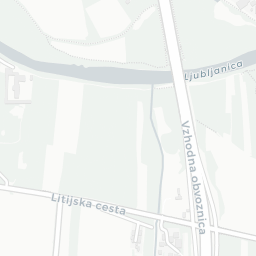

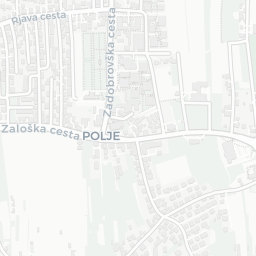







Programme events
Project events
